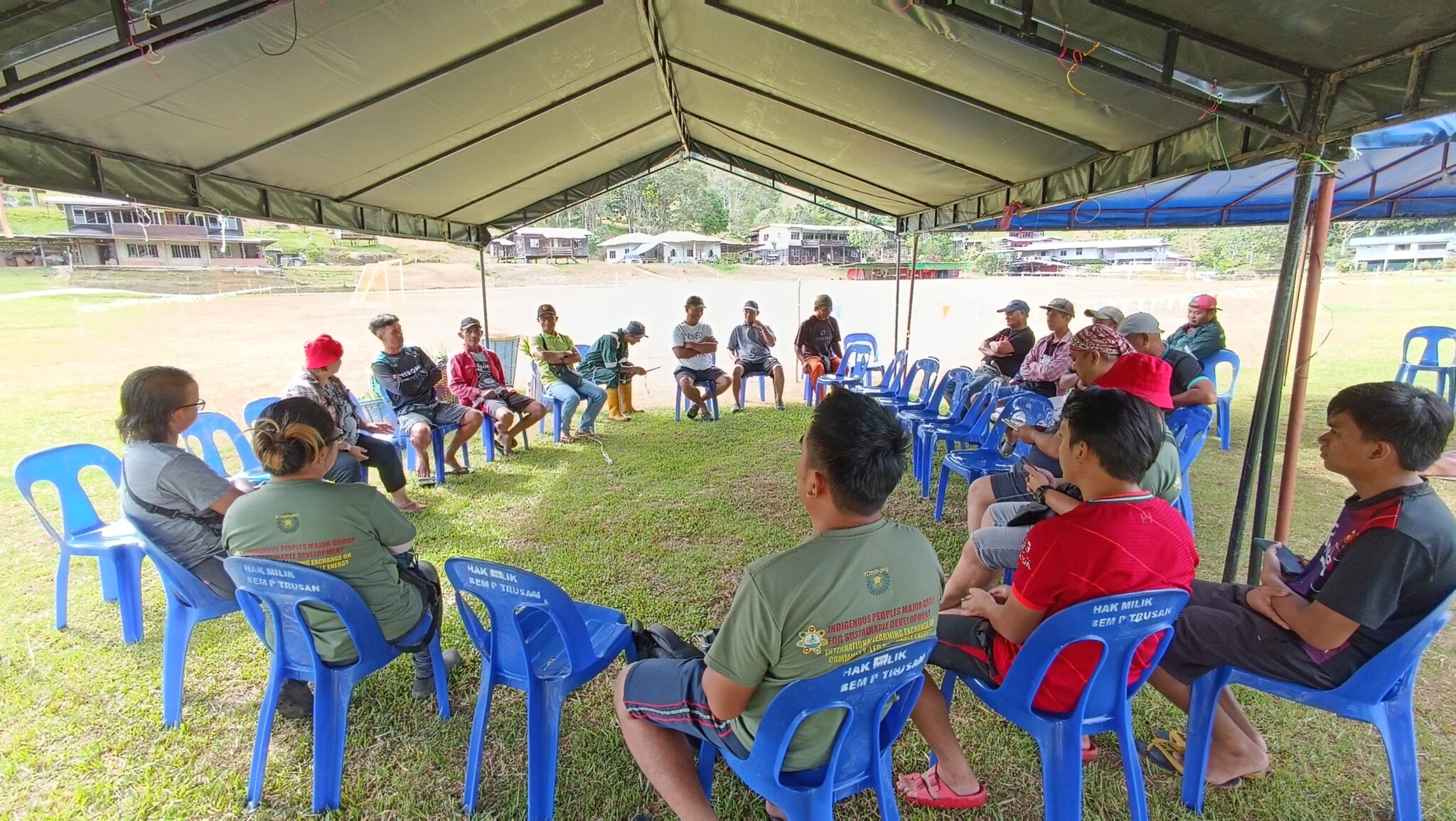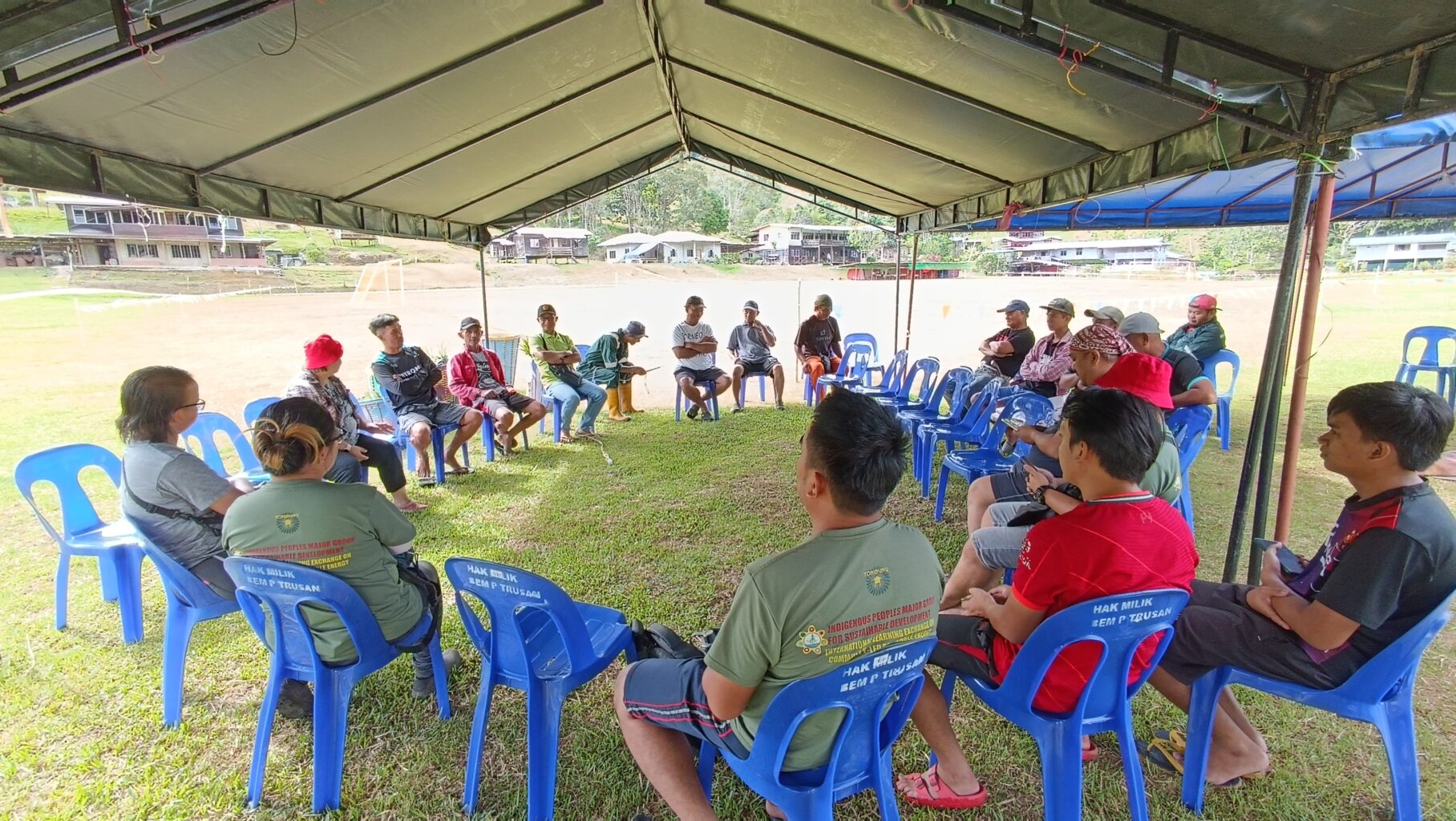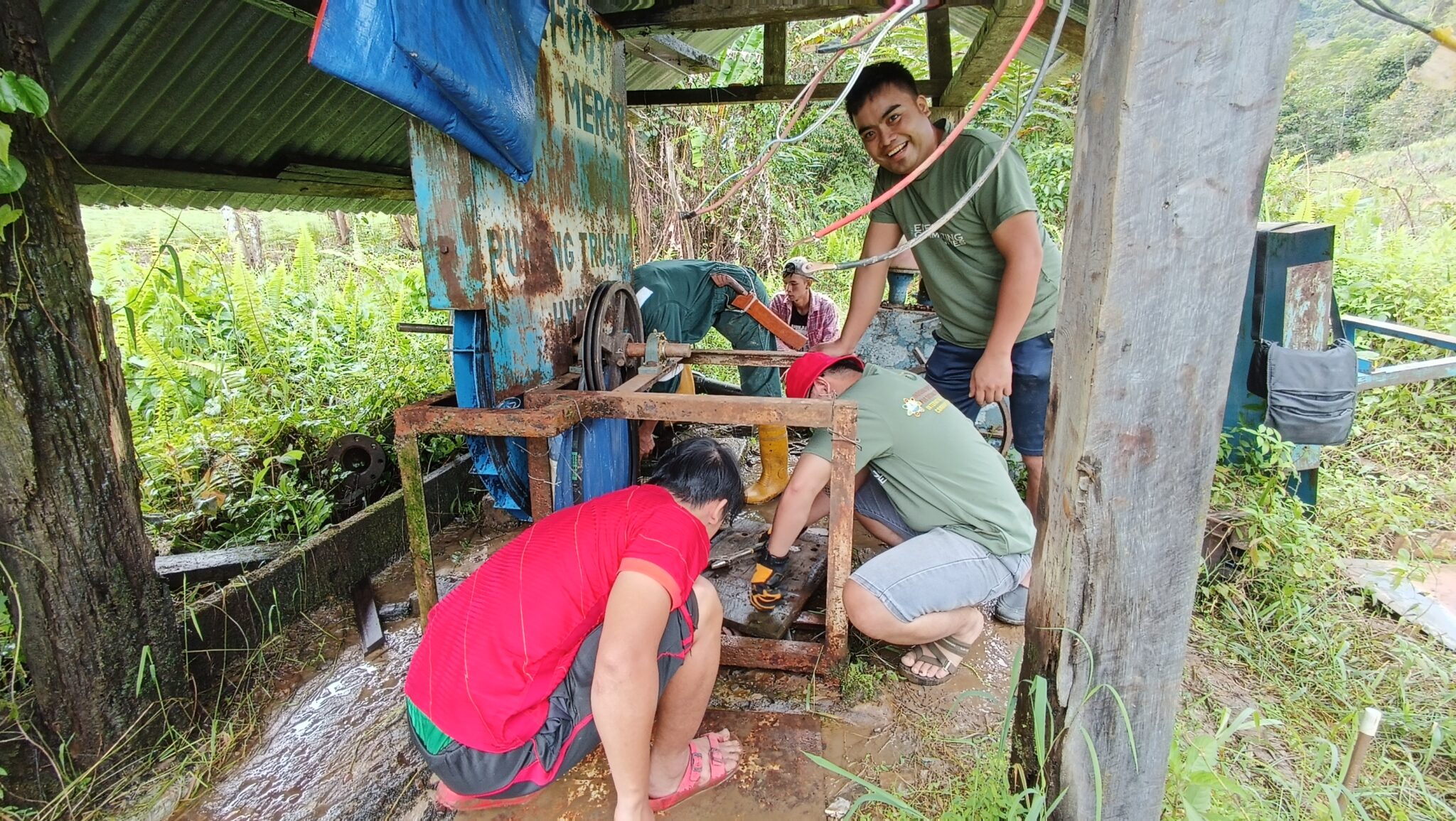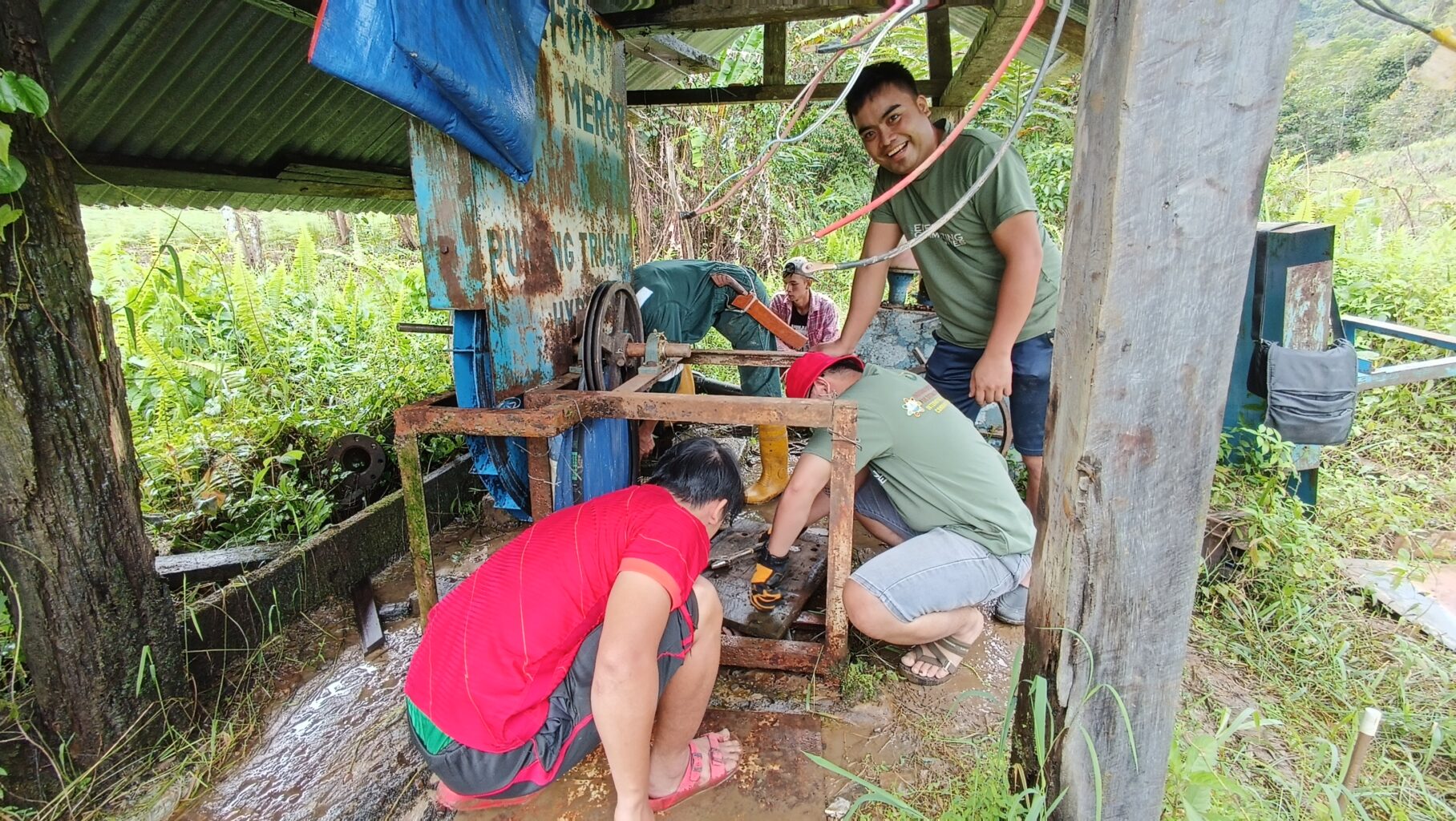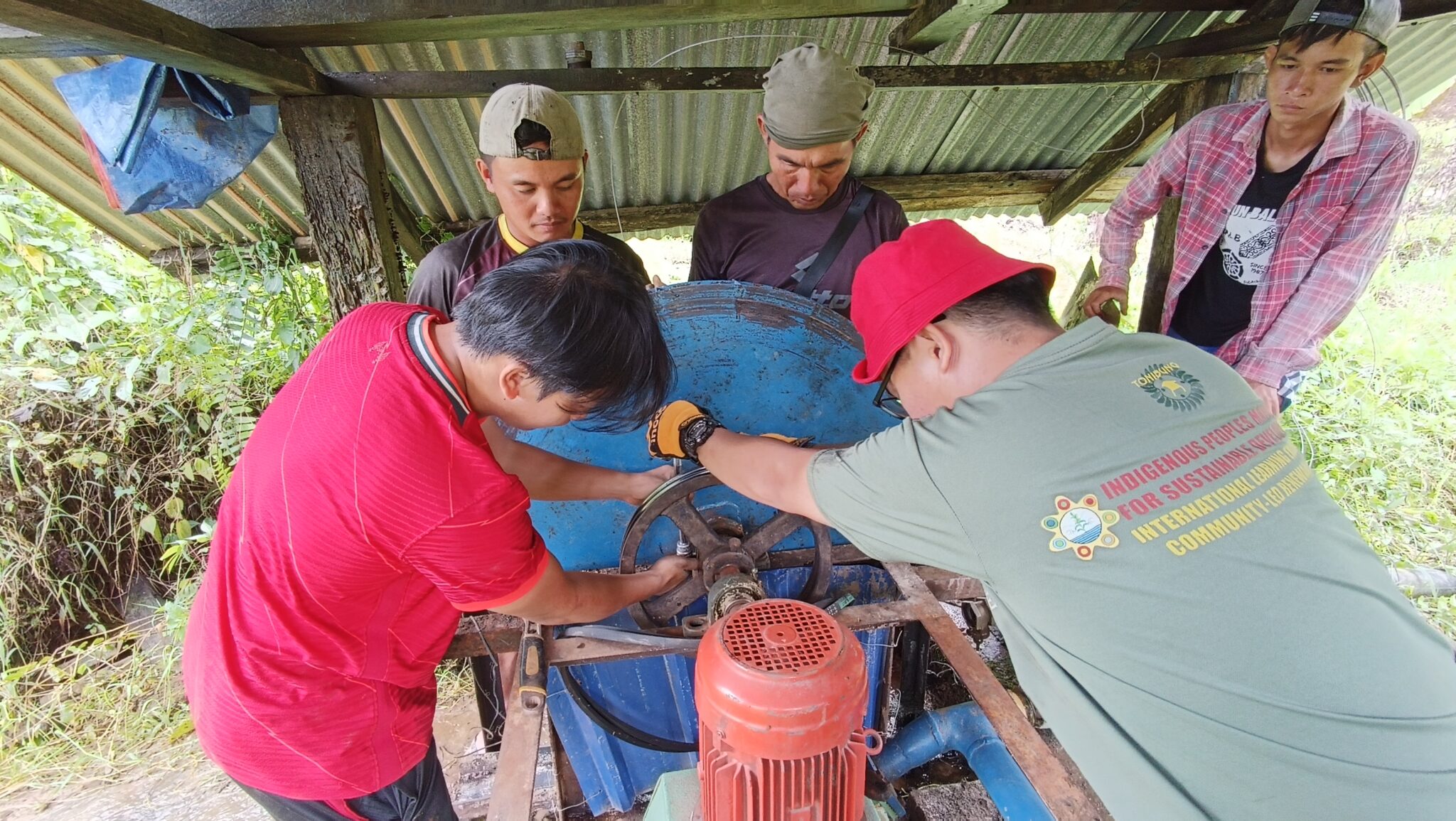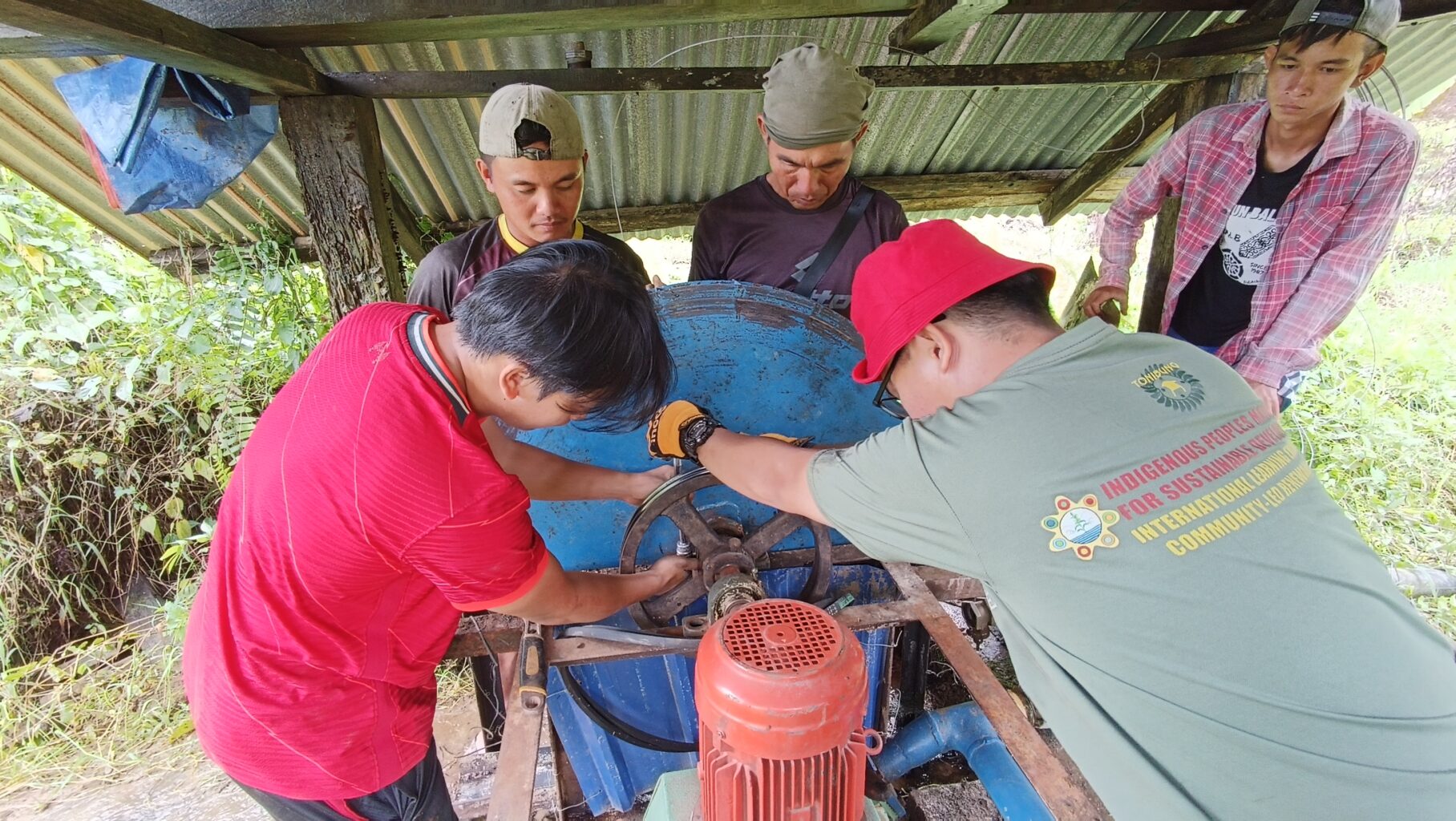Puneng Trusan is a small village, tucked into the mountain rainforests of a region called the Heart of Borneo. This area is an important water catchment area for communities in the valleys below.
As is typical in Borneo, there is tremendous diversity of plant and animal life. For example, there are 130 species of orchids, 40 species of ginger, and 12 species of rhododendrons. It provides significant habitat for mammals such as the sun bear, pangolin, Bornean gibbon, Hose’s langur, Sambar deer, barking deer, Sunda leopard cat, and bearded pig. With more than 250 bird species, 27 of them endemic, it’s also a dream destination for birders. Many species are endangered.
The Puneng Trusan community has long resisted a logging company’s license to deforest the area near the village. The license is due to expire soon, and community members want to ensure that their watershed is protected. A conservation agreement with Seacology, setting out their long-term commitment to protecting their watershed area, strengthens their position.
Puneng Trusan is near Long Tanid, the site of one of our successful micro-hydro projects. Its leaders approached our longtime Borneo partner, TONIBUNG, seeking a similar improvement to their village. All the village has now is a tiny, makeshift system that intermittently produces small amounts of electricity. Clean electricity from micro-hydro will power lights, phones, and small appliances, and villagers won’t have to rely on expensive, polluting diesel generators.
It will also let community members increase their incomes. They make a living by growing rice and pineapples, but without electricity, can’t store or process their crops. Recently they had to throw away tons of unsold pineapples. Women’s groups are especially keen on getting refrigerators and freezers for pineapple juice and jam. More income also helps community members to resist financial offers from logging companies.
TONIBUNG is an indigenous-led NGO, founded by Seacology Prize recipient Adrian (Banie) Lasimbang. It develops sustainable rural electrification, advocates for native rights, and supports local entrepreneurship.


